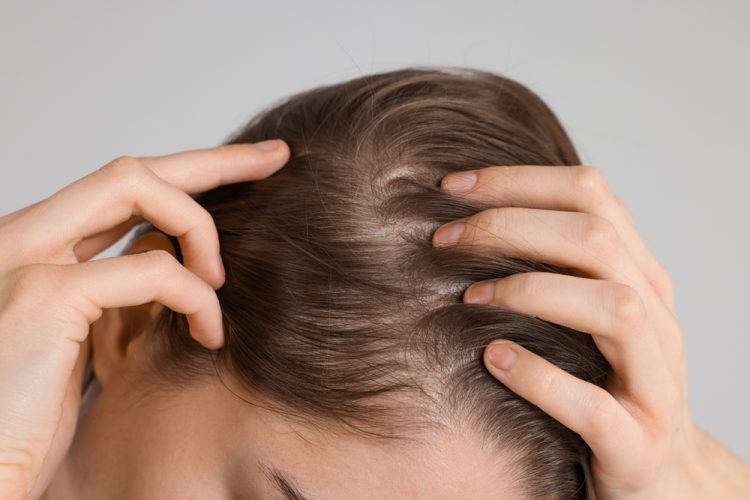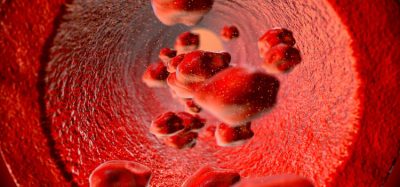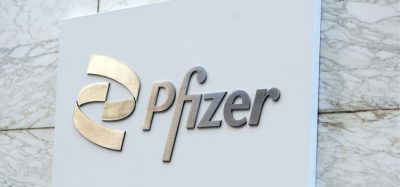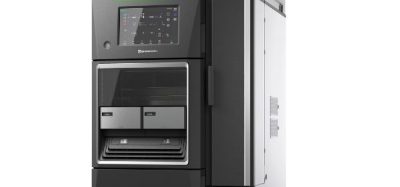Lilly’s baricitinib exhibits paediatric potential in major alopecia areata study
Posted: 24 October 2025 | Catherine Eckford (European Pharmaceutical Review) | No comments yet
Results from the phase III study signify a successful collaboration with biopharma firm Incyte.


A major clinical trial evaluating JAK inhibitor Olumiant (baricitinib) has shown promise in paediatric patients with severe alopecia areata.
New data from the ongoing phase III BRAVE-AA-PEDS clinical trial, the first and largest study evaluating its potential in this indication, show that adolescent participants attained near-complete scalp hair regrowth at one year.
Additionally, 71 percent of adolescents achieved successful scalp hair regrowth at one year. Continuous improvements were observed over 52 weeks.
These findings build on 36-week results from the trial presented at the 2025 American Academy of Dermatology (AAD) congress in March.
These promising results for adolescents reinforce what we see in clinical practice with adults, which is that starting treatment with baricitinib early can lead to higher rates of scalp hair regrowth, including near-complete regrowth for many patients”
Furthermore, in a separate, post-hoc analysis of adolescents diagnosed with the condition less than two years prior to starting treatment, 80 percent of participants given baricitinib 4mg and 64.3 percent receiving baricitinib 2mg achieved successful hair regrowth at one year.
Dr Brittany Craiglow, Adjunct Associate Professor of Dermatology, Yale School of Medicine, said: “These promising results for adolescents reinforce what we see in clinical practice with adults, which is that starting treatment with baricitinib early can lead to higher rates of scalp hair regrowth, including near-complete regrowth for many patients.”
Lilly will present data from the phase III study at the 2025 Fall Clinical Dermatology (FCD) Conference, as well as the final, long-term results from the BRAVE-AA1/BRAVE-AA2 studies.
A fruitful partnership – advancing development of Olumiant
UK-based biopharma Incyte discovered the once-daily, oral drug and in December 2009 licensed it to Eli Lilly.
While baricitinib was approved in the US for adults with severe alopecia areata in 2022, these new findings point to potential use in younger patients. Lilly plans to submit the findings to regulators for a label update for Olumiant (baricitinib).
Anabela Cardoso, Senior Vice President, Lilly Immunology Medical Affairs, explained that if approved, baricitinib could offer an important new option that raises treatment expectations for adolescents with the condition.
Related topics
Big Pharma, Clinical Development, Clinical Trials, Dosage, Drug Development, Drug Safety, Research & Development (R&D), Therapeutics









